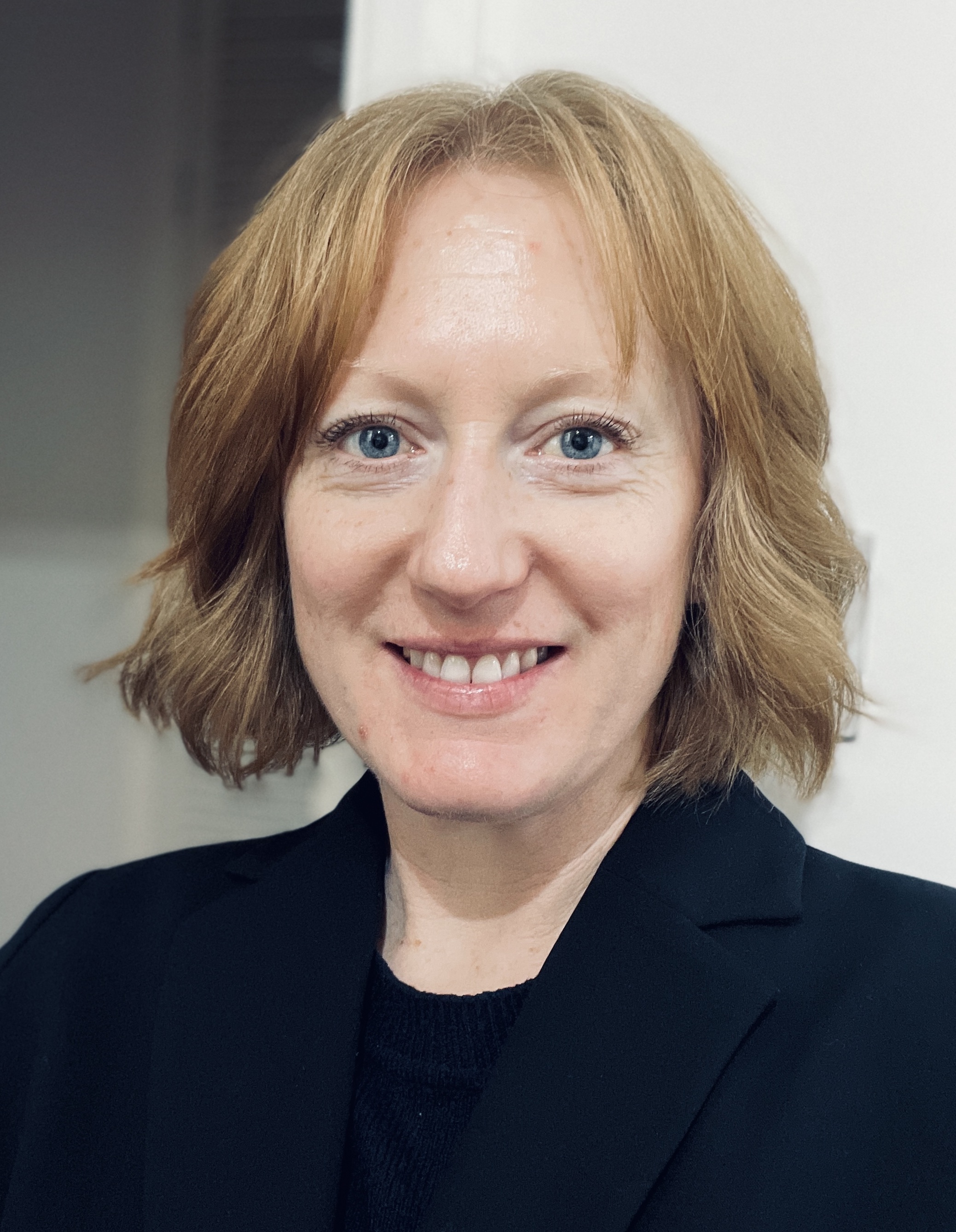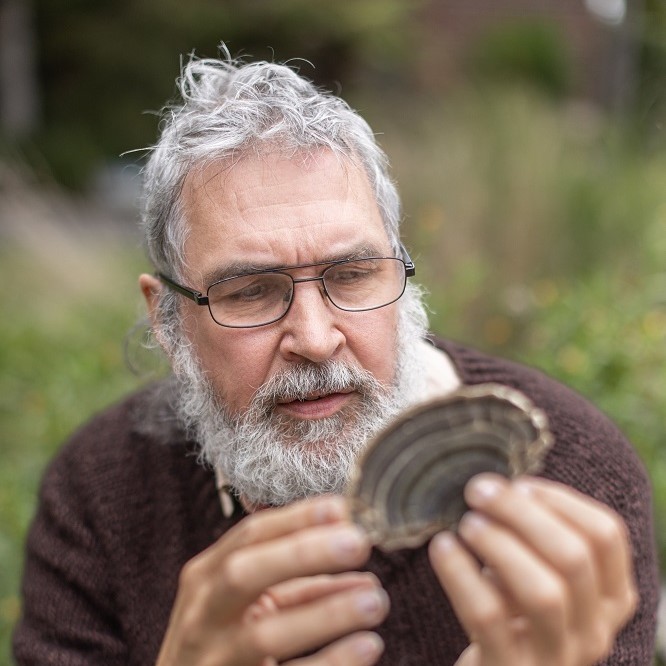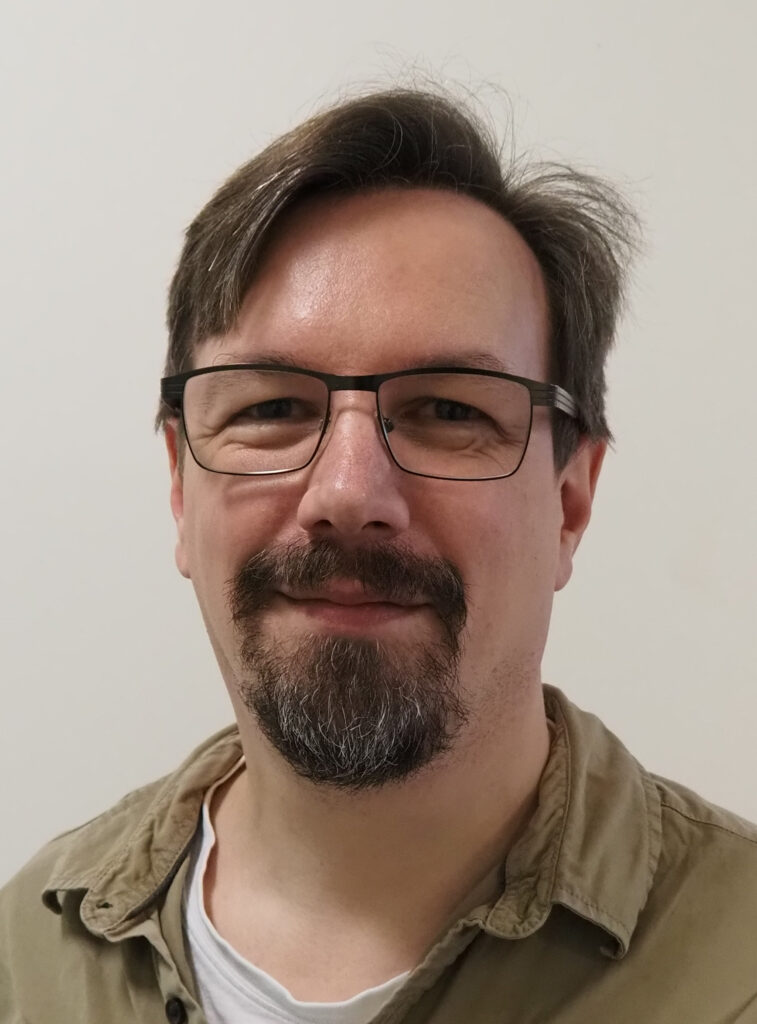Nov 26: Workshops and pre-conference mixer
Nov 27-29: Main conference meetings
Nov 30: Post conference field trip, ANBG tours & BEAST workshop
An interactive program schedule is available here!
Program outline pdf (current as of 24/11/23)
Students and ECRs
If you’re a student or early career, head to this page to find out more about the initiatives the student and ECR representatives have created for the conference!
Keynote Speakers

Dr Olwen Grace | Royal Botanic Gardens Edinburgh
Monday 27 Nov 9:45am: Biosystematics is foundational to achieving our goals for nature
Dr Olwen Grace is Deputy Director of Science at Royal Botanic Gardens Edinburgh. Until recently she led the Accelerated Taxonomy program at Royal Botanic Gardens Kew.
Prof. Doug Hilton | Incoming CEO, CSIRO
Monday 27 Nov

Prof. Doug Hilton AO commences as Chief Executive Officer of CSIRO in September 2023. He is a molecular and cellular biologist and currently Director of the Walter and Eliza Hall Institute of Medical Research (WEHI) and Head of the Department of Medical Biology, The University of Melbourne. In his spare time, he also pursues a passion for moth taxonomy, evolution and biology and is President of Moths and Butterflies Australasia. As CEO of CSIRO, key national collections and programs in systematics and taxonomy (among many other things!) will sit under his organisational leadership.
Prof. Rudolf Meier | Museum für Naturkunde, Berlin
Wednesday 29 Nov 9am: Using high-throughput species discovery with robots and Nanopore sequencing to overcome taxon biases in biodiversity science.

Prof. Rudolf Meier is the head of the Center for Integrative Biodiversity Discovery at the Museum für Naturkunde where he and his lab are at the forefront of novel methods to accelerate biodiversity discovery and monitoring using robotics, machine learning imaging and nanopore sequencing. The main foci of this work are the hyper-diverse invertebrate groups that are traditionally extremely difficult to sort, identify and describe – “dark taxa”, groups for which <10% of all species are described and the estimated diversity exceeds 1000 species.
- Artificial intelligence could help biologists classify the world’s tiny creatures
- ONTbarcoder and MinION barcodes aid biodiversity discovery and identification by everyone, for everyone
- DiversityScanner: Robotic handling of small invertebrates with machine learning methods

Prof. Simon Ho | The University of Sydney
Tuesday 28 Nov, 9am: Phylogenetics and molecular dating in the genomic era
Simon is a Professor of Molecular Evolution at the University of Sydney, with research interests in molecular clocks, evolutionary rates, phylogenomics, genomic evolution, and molecular ecology. Since co-founding the Molecular Ecology, Evolution, and Phylogenetics Lab in the School of Life and Environmental Sciences in 2011, Simon has supervised more than 25 postgraduate research students. He has been running the annual Sydney Phylogenetics Workshop since 2010.
Honorary Award Lectures
ASBS Nancy T. Burbidge Lecture: Wed 29 Nov 9:45am
Dr Tom May | Royal Botanic Gardens Victoria
Four decades among fungi – perspectives of an accidental mycologist

Tom is a Principal Research Scientist in Mycology at Royal Botanic Gardens Victoria where has worked for more than 30 years on the taxonomy, ecology and conservation of macrofungi, including coordinating the Australian National Species List for Fungi. Tom has been active in founding and supporting community and professional organisations including Fungimap and the Australasian Mycological Society, and is currently Deputy Chair of Taxonomy Australia and Secretary of the Nomenclature Committee for Fungi.
SASB Distinguished Career Oration: Tue 28 Nov 9:45am
Associate Professor Lyn Cook | University of Queensland

Lyn’s research is primarily aimed at understanding the origins, diversification and distributions of organisms, especially plants and insects in Australia. Lyn mostly takes a comparative approach and uses molecular phylogenies to test hypotheses about ecological and evolutionary processes. Recent and ongoing topics include: understanding how interactions among plants and insects affect the evolutionary radiation of each; teasing apart the effects of extinction and speciation to understand how past climate and environmental change has shaped our biota; and investigating the relative roles of continental drift and long distance dispersal in explaining the current distribution patterns of organisms in the southern hemisphere.
Workshops
We will run two pre-conference workshops on Sunday Nov 26 at the Australian National Botanic Gardens, and a third workshop on BEAST 2 is now scheduled for Thursday 30 November. Details of the workshops are given below. Those wanting to attend will need to buy separate tickets for the workshops as part of the registration process. Places will be limited, so register early if you are keen. Times of the two workshops will overlap, so participants can only attend one, not both of them.
The taxonomic process: How to describe new animal taxa and not break the rules of the International Code of Zoological Nomenclature

Leader: Mark Harvey, Western Australian Museum
Description: The International Code of Zoological Nomenclature provides the regulations that underpin the formal scientific naming of animals. In particular, the Code regulates how names are formed and applied, how type specimens are designated, and which names take precedence in the case of synonymy. This workshop provides guidance through the most important regulations and advice on how to name new species and genera.
Duration: 3 hours (Sunday 12:30-3:30pm)
Location: Australian National Botanic Gardens, Banksia Centre
Image classification models for species identification

Leaders: Alexander Schmidt-Lebuhn (pictured) and Nunzio Knerr, CSIRO
Description: This workshop will provide an introduction into the use of computer vision with a focus on image classification models for species identification. It will demonstrate a workflow that includes the annotation of photos of herbarium sheets to extract an identifying character and use of a proprietary cloud service for model training. At the end of the workshop, you will have created a model that identifies species in a small genus by their leaf shapes. Although the example case will be botanical, the approach could transfer to other use cases e.g., in entomology
Reference: https://doi.org/10.1086/724950
Duration: Sunday 26 Nov, 10am – 4pm
Location: Australian National Botanic Gardens, Crosbie Morrison Building
BEAST 2 workshop

Leaders: Remco Bouckaert & Jordan Douglas
This BEAST workshop is focused on BEAST2, an open-source software package for Bayesian phylogenetic analyses of molecular sequences. The workshop consists of lectures and hands-on tutorials by leading experts in the field with a focus on dating and species delimitation. The aim of the workshop is to equip participants with the skills and core knowledge to confidently perform phylogenetic analyses of their own. It is open to graduate students and scientists interested in the analysis of genomic data and molecular evolution. Participants will need to bring their own laptops and have particular software pre-installed.
Fore more information and required pre-reading, see here.
Duration: 9am-5pm Thursday 30 November
Location: Slatyer Seminar Room, RN Robertson Building, ANU
Field Trips – Thursday 30 Nov
Option 1: Tidbinbilla Nature Reserve and Corin Forest
This will be a day trip by bus from ANU to Tidbinbilla Nature Reserve and the alpine area at Corin Forest. It will be a chance to see some local nature and to mix with colleagues, immersed in the biodiversity we love. More details will be added here soon. Places will be limited, so register early.
Option 2: Guided walk at Australian National Botanic Gardens
These will be short walks (45 min) run by guides at ANBG. The number of tours and their starting times will depend on the number of participants. There will be an option to do the tour on a small accessible bus.
Conference Dinner
The conference dinner will be held at Kambri Cultutal Centre on the evening of Tues Nov 28. We’re planning some pretty special entertainment!
Society AGMs
SASB and ASBS will both hold their Annual General Meetings as part of the conference. See pdf program outline at top of page for details.
Venue information and maps
Venue map
Attendees may also find useful a Google map with the venues marked: https://www.google.com/maps/d/edit?mid=1qDueLld-ExNRDPp7ahdVCKmZPAxIsEY&usp=sharing
Parking
Kambri’s underground car park is located at the corner of Kingsley Street and Tangney Road, Acton (ANU). Further information on parking on campus can be found here: https://services.anu.edu.au/campus-environment/transport-parking/parking-options-on-acton-campus
Guest WiFi
Guest Username: BiosystematicsConference
Guest Password: BC2023
Conference exhibitors (Kambri foyer)
AusTraits
AusTraits is an open-source, harmonized database of Australian plant trait data. It synthesises data on nearly 500 traits across more than 30,000 taxa from field campaigns, published literature, taxonomic monographs, and individual taxon descriptions. AusTraits Project manager Dr Elizabeth Wenk invites interested researchers to join her in the breaks on Monday and Tuesday for an introduction to the database and Q&A.
BEAST Clinic
BEAST 2 is a cross-platform program for Bayesian phylogenetic analysis of molecular sequences. During the conference a `BEAST clinic’ will be open where you can consult on all your BEAST 2 questions, issues and requests. At the clinic, we will help you out with any problems setting up an analysis, interpreting the results or understanding what is going on. Dr Remco Bouckaert, main architect of BEAST 2, and Dr Jordan Douglas, expert developer of many methods in BEAST 2, will be your consultants. The clinic will be open during coffee breaks.
Biodiversity Information Standards
Biodiversity Information Standards (TDWG) is a not-for-profit, scientific and educational association formed to establish international collaboration among the creators, managers and users of biodiversity information. TDWG develops, ratifies and promotes standards and guidelines for the recording and exchange of data about organisms, & acts as a forum for discussing all aspects of biodiversity information management through meetings, online discussions, and publications. Anyone can become a member! Join our community and help with the development, maintenance and implementation of biodiversity information standards.
Bush Blitz
Bush Blitz is Australia’s largest nature discovery program – a unique multi-million dollar partnership between the Department of Climate Change, Energy, the Environment and Water, Parks Australia, BHP and Earthwatch Australia to document plants and animals across Australia. Since the program began in 2010 Bush Blitz has discovered more than 1700 new species and has added thousands of species records to what is already known.
CSIRO Publishing
CSIRO Publishing publishes journals, books and magazines, covering disciplines including plant and animal sciences, chemistry, health and the environment. We support a variety of Open Access models to facilitate unrestricted access to scholarly research. Our books program spans all ages and reading levels, and Double Helix magazine fosters future science champions.
National Biodiversity DNA Library
The National Biodiversity DNA Library (NBDL) is a CSIRO-led initiative to generate comprehensive DNA reference sequences of Australian species to support molecular identification, from expertly identified specimens in Australian research collections. The initiative will transform how we monitor Australian ecosystems, by enabling the identification of DNA shed by organisms into their environment (eDNA). The NBDL is partnering with the collection community, government, NGOs and industry to create this significant national infrastructure.
https://research.csiro.au/dnalibrary/
Society for the Preservation of Natural History Collections
The Society for the Preservation of Natural History Collections [SPNHC] is an international organization devoted to the preservation, conservation and management of natural history collections. We are joining forces with TDWG in 2024, hosting a conference in Okinawa, Japan.
